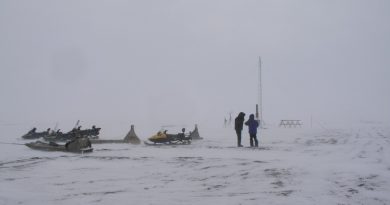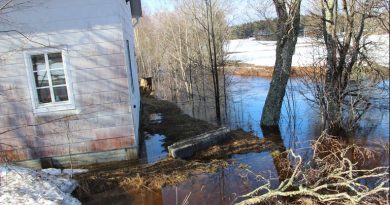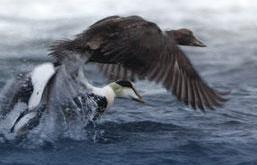Senate report says Canada’s coast guard should recruit Inuktitut speakers
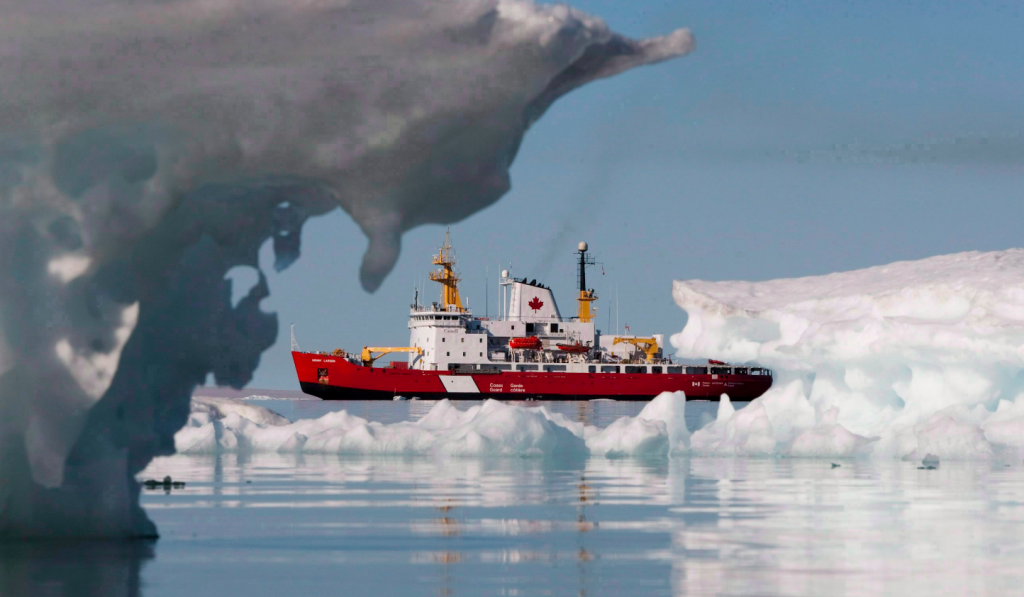
When people in Nunavut (Canadian east-Arctic) are trying to speak with the Canadian Coast Guard communications office in Iqaluit, they have two choices: French or English.
Inuktitut is the mother tongue of most people in Nunavut, but it’s not an option when speaking to the coast guard.
For Sen. Marc Gold, deputy chair of the Senate’s Standing Committee on Fisheries and Oceans, that’s a problem. “There’s real communication challenges to make sure that when a boat or a hunter or trapper finds themselves in distress they can communicate effectively in their language and get the help that they need,” he told CBC.
He was speaking on Thursday about a new report released by the committee, which included a slew of recommendations for how search and rescue can be improved in Canadian seas. Many of the recommendations focused on the North.
Committee members called on the Canadian Coast Guard to recruit Inuktitut speaking employees; to have more search and rescue training for Indigenous communities in the North; to better fund volunteer auxiliaries; and to increase the number of search and rescue stations in the Arctic.
The coast guard has one inshore rescue boat station in the Arctic, which is in Rankin Inlet.
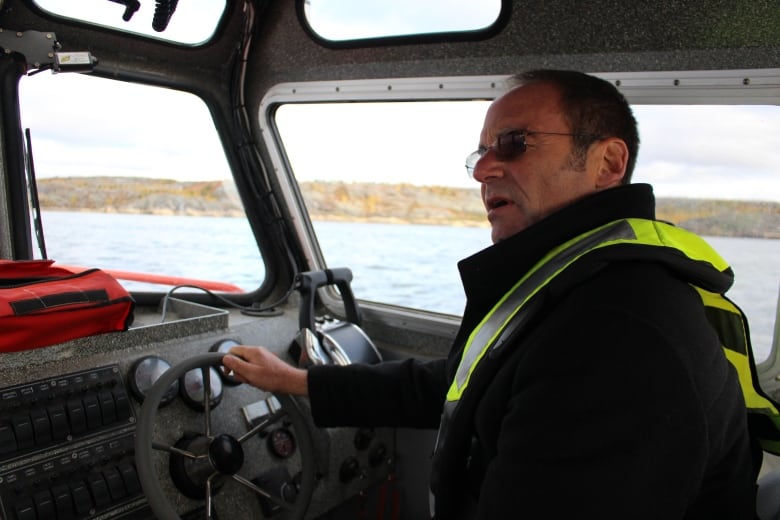
Disconnect between Ottawa and the North
At a press conference Thursday, committee members suggested that a disconnect between existing policies and the daily lives of Indigenous northerners can hamper safety.
For example, the report says that in Kuujjuaq, Que. members of the auxiliary aren’t allowed to carry firearms in rescue boats.
In the North, where wildlife poses a unique threat, the rule means volunteers must risk their lives to try to save others.
“We heard from witnesses that rescuers trying to save someone in distress in the northern part of [Quebec] have encountered a polar bear,” said Sen. Jim Munson. “This is a question of life and death.”
The coast guard did not immediately comment on its firearms policies for the auxiliary.
Inuvik auxiliary member Paul MacDonald told CBC in a Facebook message that other auxiliary units also face this issue, but that efforts to allow Arctic volunteers shotguns for “bear protection” were already underway.
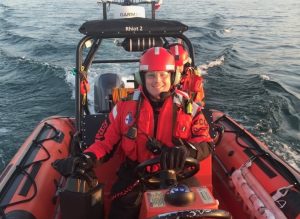
“This is in the works only, as there will be many factors and protocols to consider,” he said.
More infrastructure needed, senators say
The report also called on the Canadian government to boost radio coverage in the Arctic, so ships could better communicate, and allow civilian helicopter operators to provide search and rescue coverage in the North.
And it said the government should reinstate the National Arctic Search and Rescue Roundtable, which once met twice yearly and brought together volunteers, military, the coast guard, and others.
“For some reason we never fully could understand… it got disbanded,” said Gold. “Search and rescue is a team sport.”
The coast guard did not immediately answer questions from CBC, but a spokesperson did send a statement, which said, “we look forward to the upcoming deliberations on the report’s recommendations.”
Related stories from around the North:
Canada: Inuit hail Arctic-focused restructuring at DFO and Canadian Coast Guard, Radio Canada International
Finland: Budget cuts threaten international Sámi language cooperation, Yle News
Norway: Norway to build three large Coast Guard ships for Arctic, The Independent Barents Observer
United States: Alaskan Inuit dialect added to Facebook’s Translate app, CBC News

